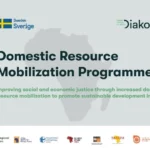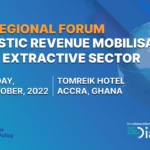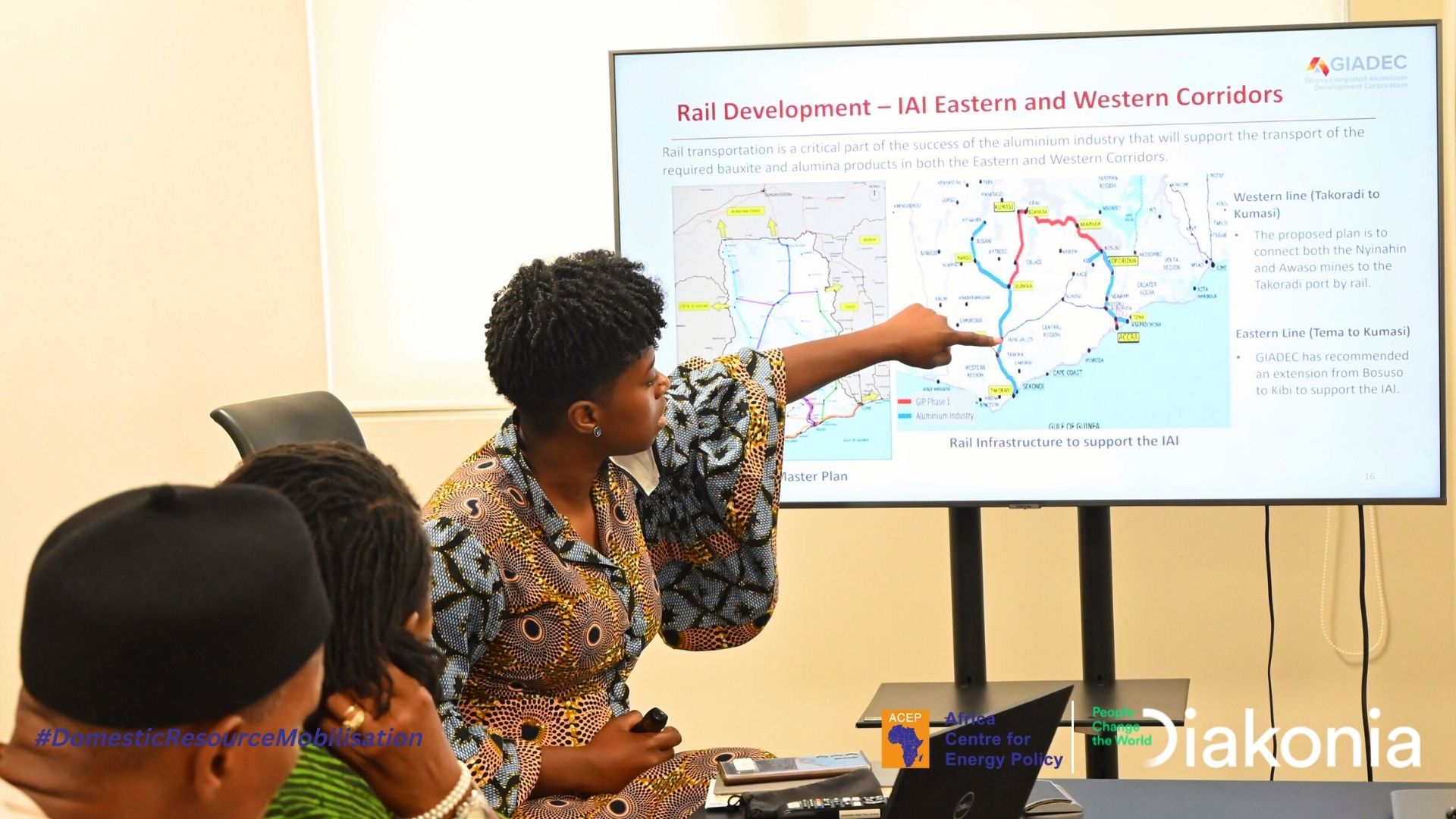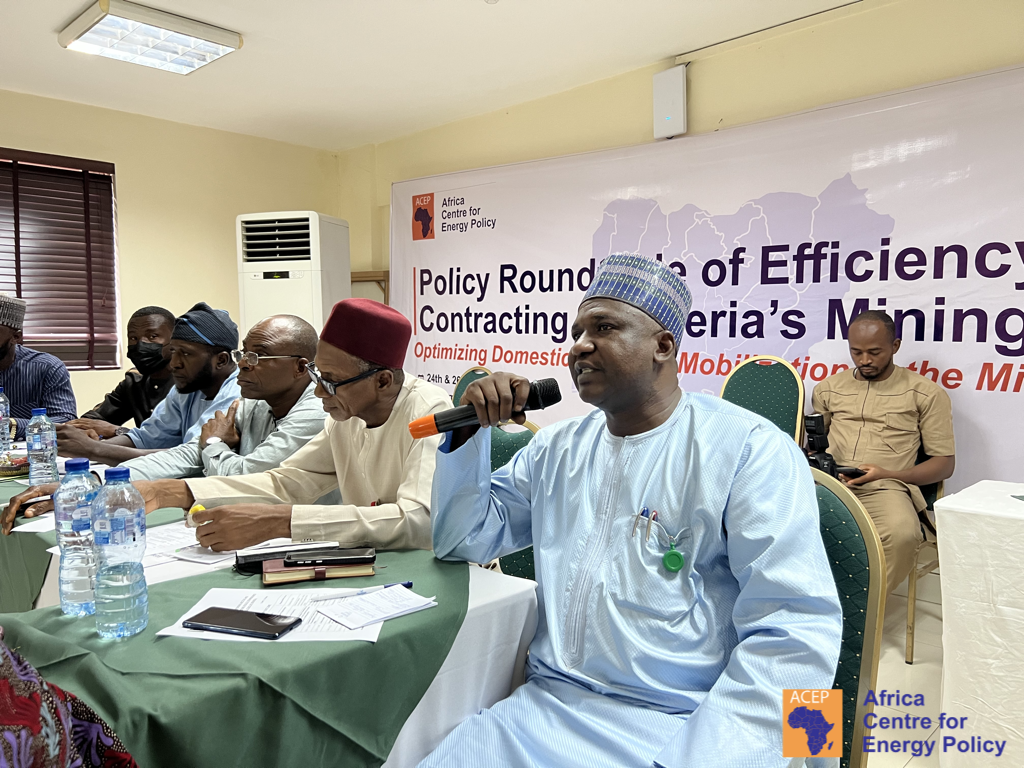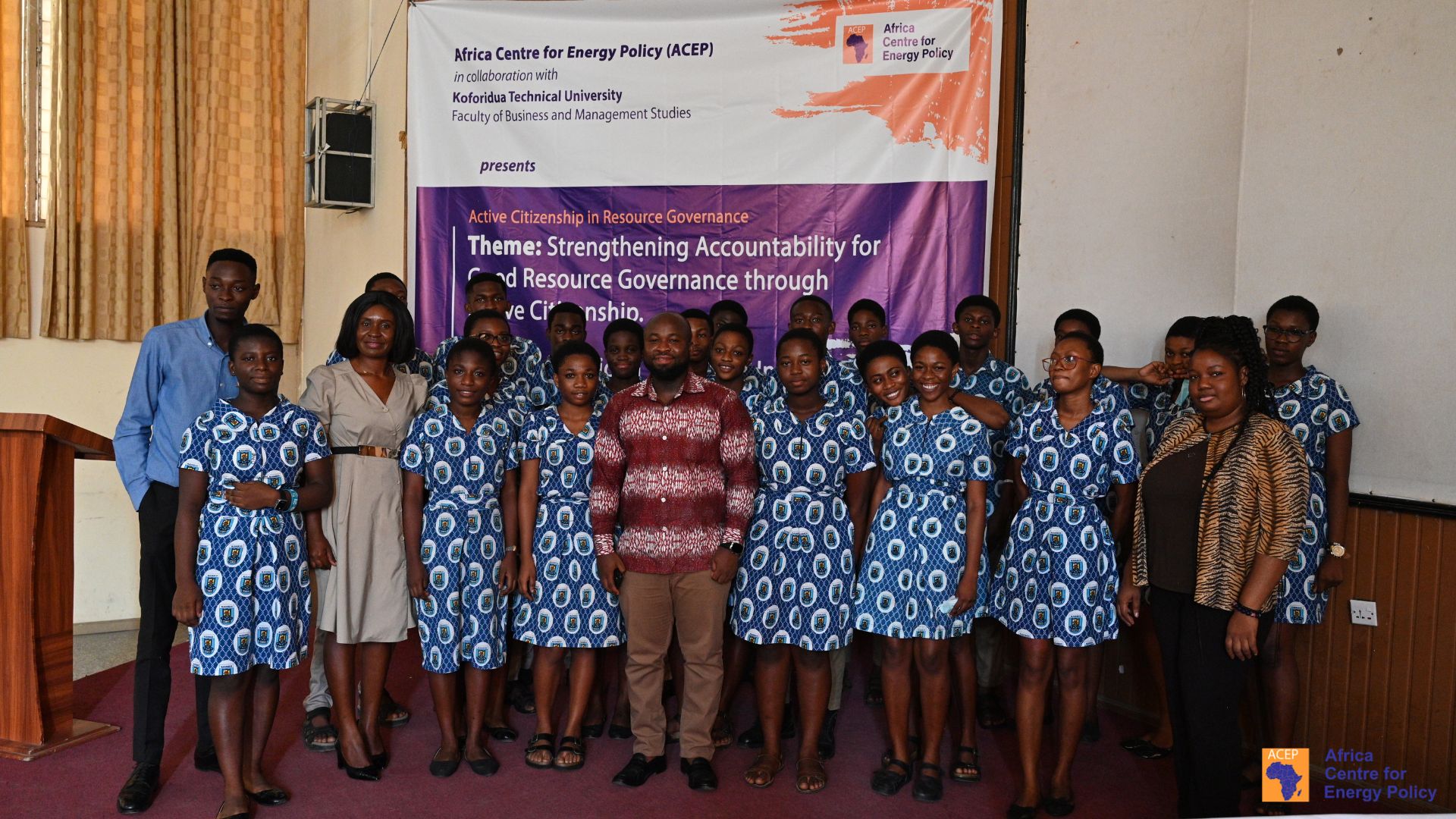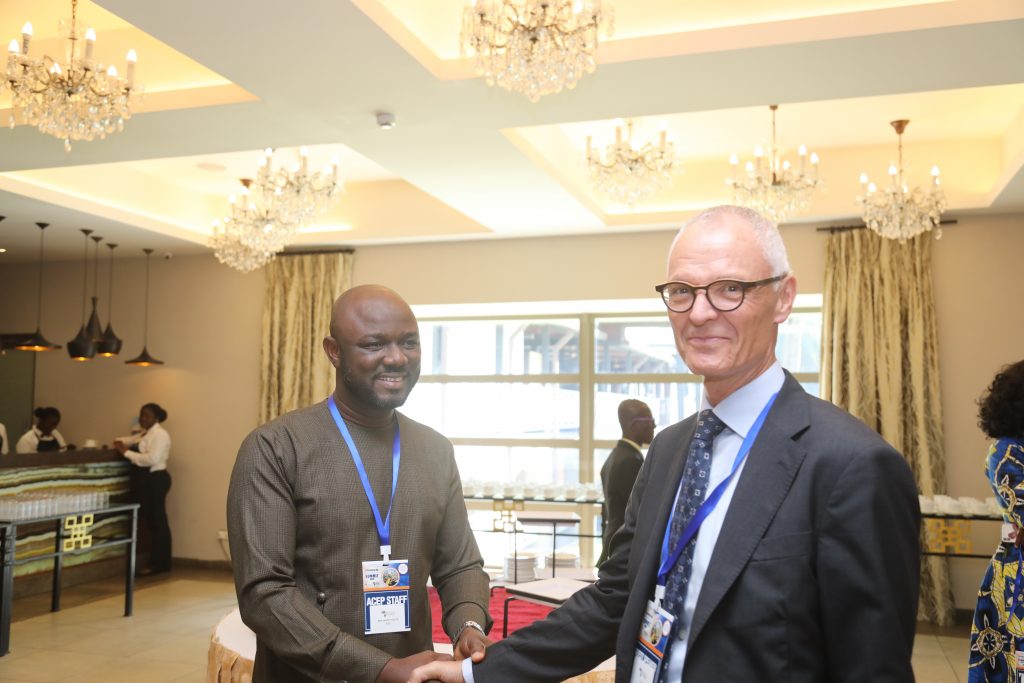The trajectory of the Ghana National Petroleum Corporation (GNPC) raises significant economic risks, not just for itself but for the whole economy. It appears that rather than generating economic value, the Corporation is determined to derail the country’s economic progress through poor decisions. Moreover, the seeming patronage by the government and oversight lethargy by Parliament undermines any accountability in reversing this trend. This creates a complex mess for the efforts by the country to emerge from the current economic doldrums and its attendant recurrent economic supervision from the IMF.
We emphasize that correcting the inefficiencies in GNPC is critical for Ghana today and Ghana tomorrow. Therefore, while we call on all citizens, including interest groups, academia, and statesmen/women, to take an active interest in the operations of GNPC, we recommend the following set of actions:
- A public fact-finding inquiry into the operations of the Corporation must be instituted to identify the drivers of the mess and recommend a strategic path to redeem the Corporation, including holding people criminally liable for their contributions to the mess.
- GNPC must immediately abrogate the unconscionable gas sales agreement with Genser and subject the gas sector to regulation.
- GNPC must provide comprehensive information on the operations of Jubilee Oil Holdings Limited and immediately bring the asset to Ghana by collapsing tax haven entity.
- GNPC must immediately abandon their quest for LNG imports on account of the looming financial implications and optimize domestic gas production.
- Parliament must redeem its image by subjecting the Corporation to the strictest accountability and save Ghana from losing billions of dollars. The performance of the Corporation is a reflection of its function of approving the activities of the Corporation every year.


